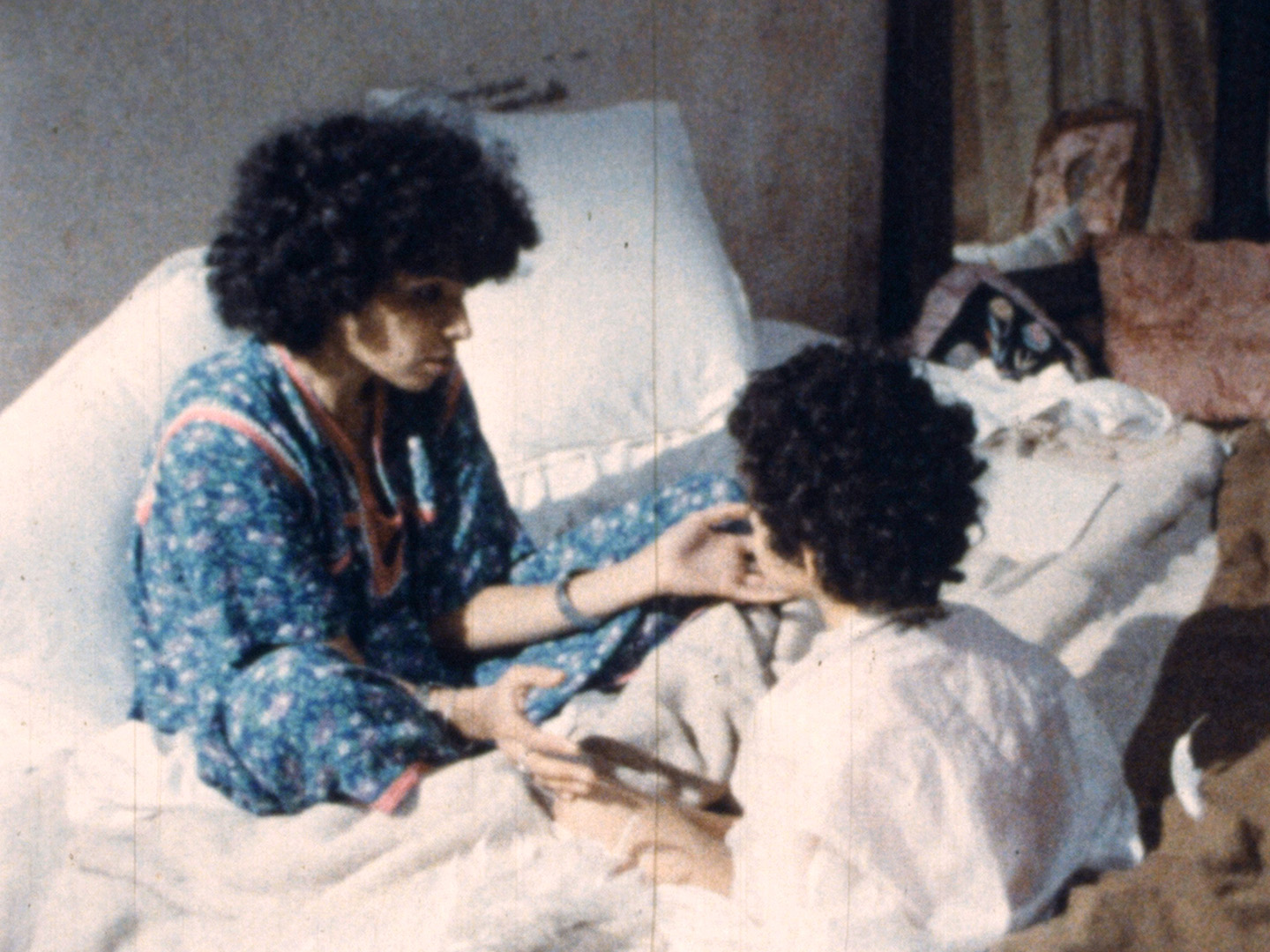
Two interviews with Assia Djebar
Maryse Léon, Monique Martineau Hennebelle, 1979, 1981
“I started from the idea that the more a woman is traditional, the less she needs an association with folklore in terms of sound. When you come across the image of a person whose clothes and attitude are very “conservative”, there’s no need to associate this person with flutes or tambours. At the end, during the party in the caves, the women dance while singing the most ordinary songs, popular street songs really, and I linked this to the fourth dance of Bartók’s “Dance Suite”. I thought it emphasized the inherent nobility of these women. I got the impression that it was original music, written especially for this moment!”